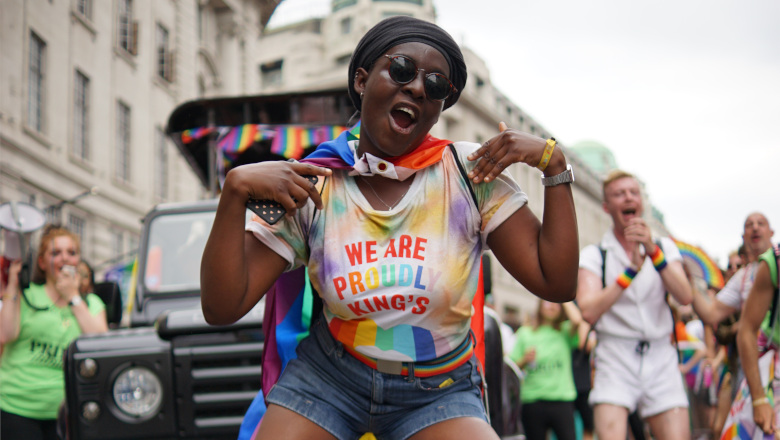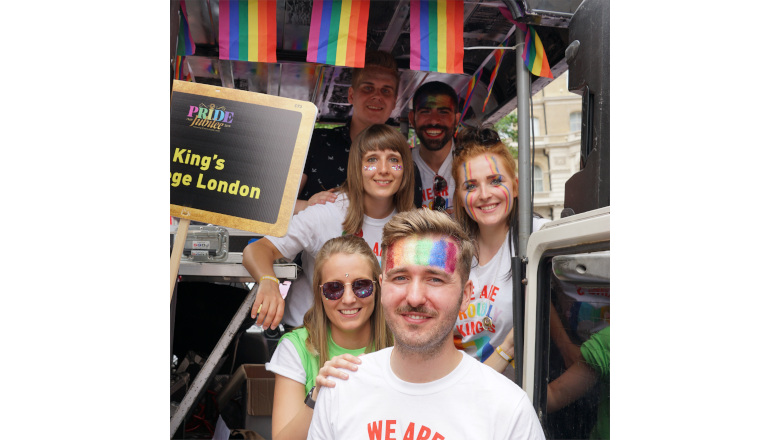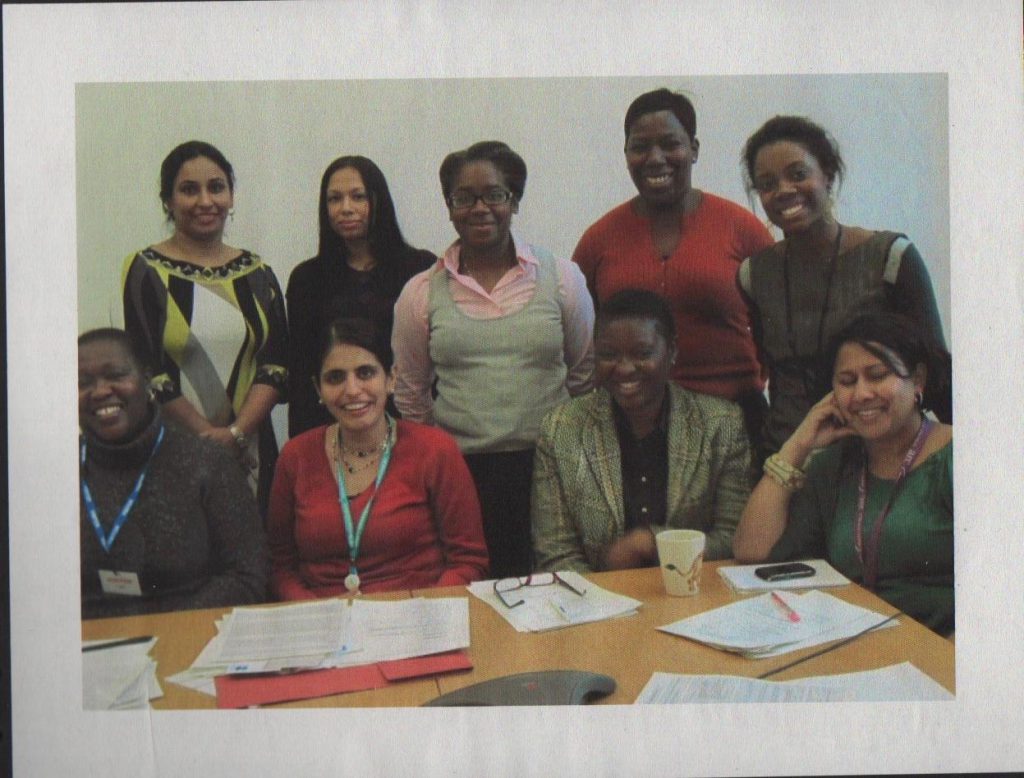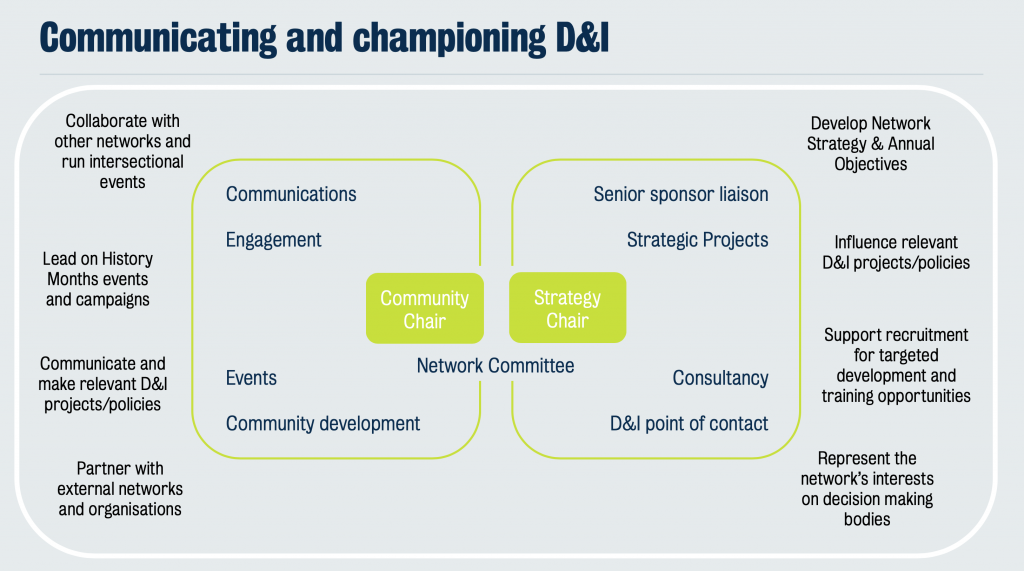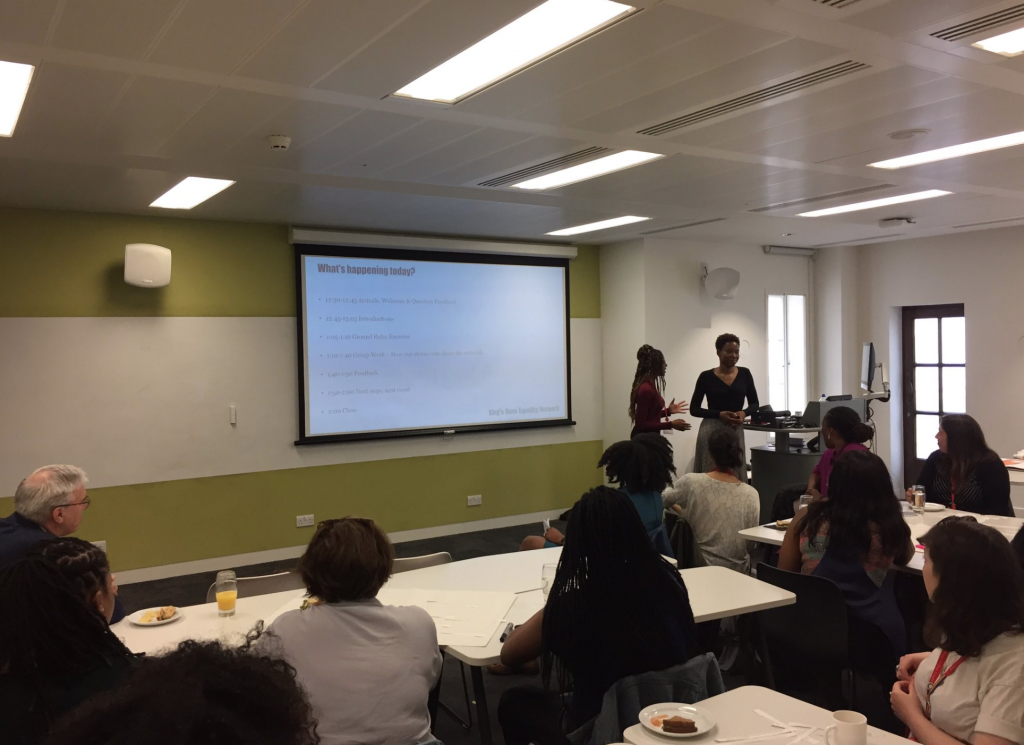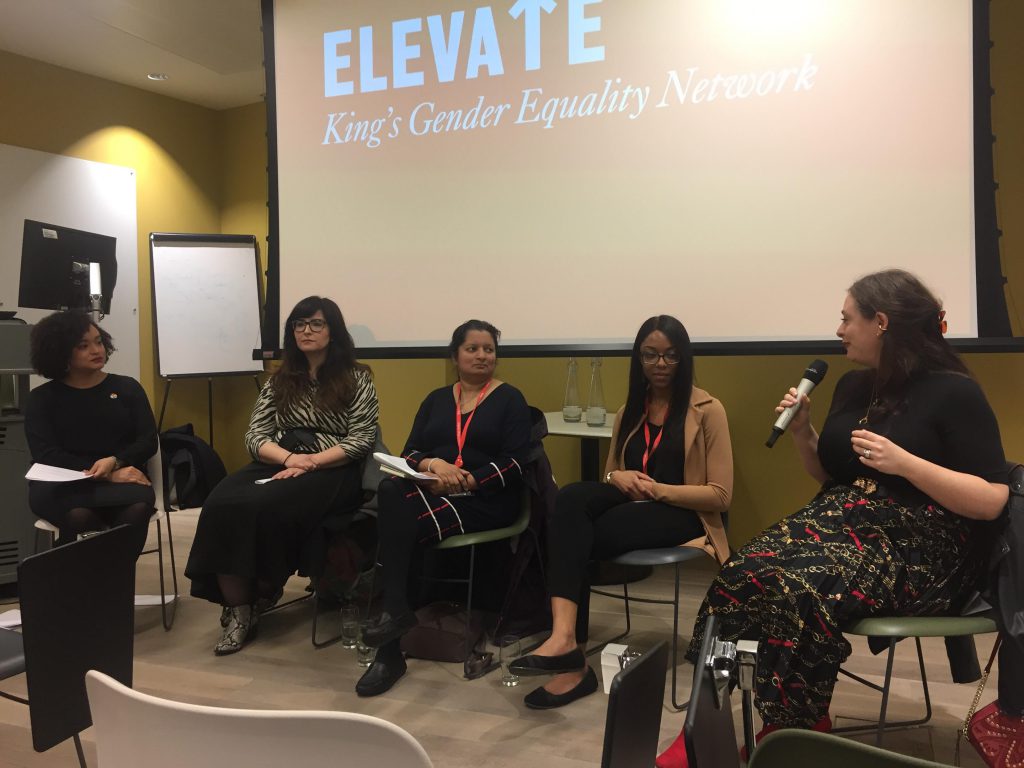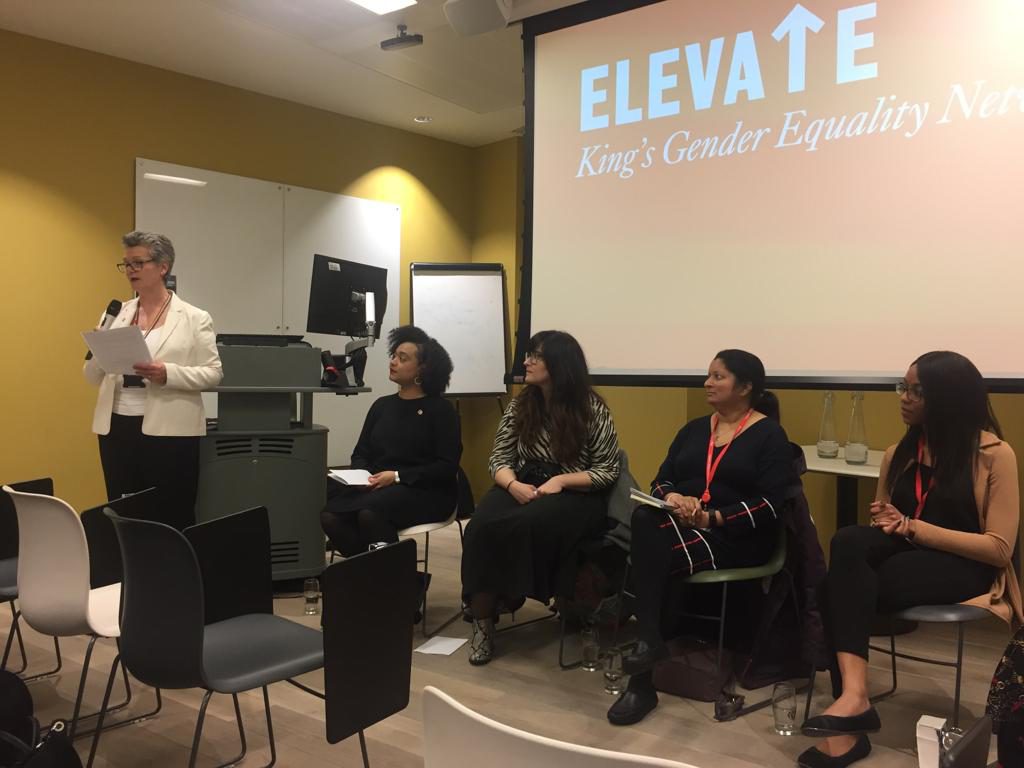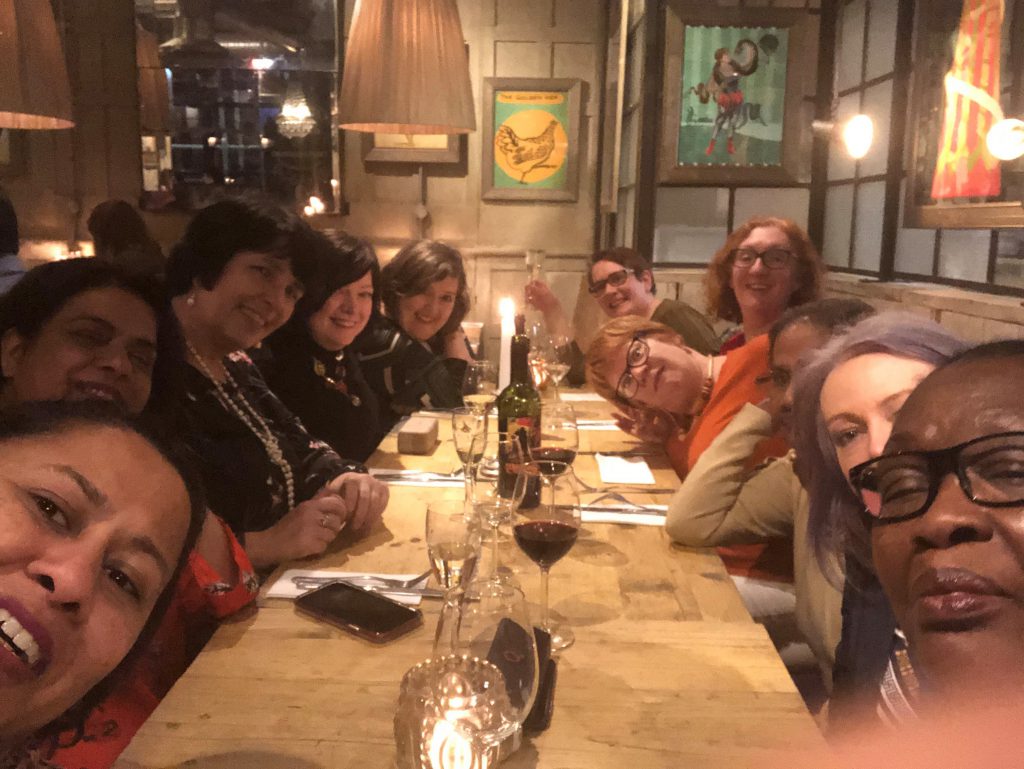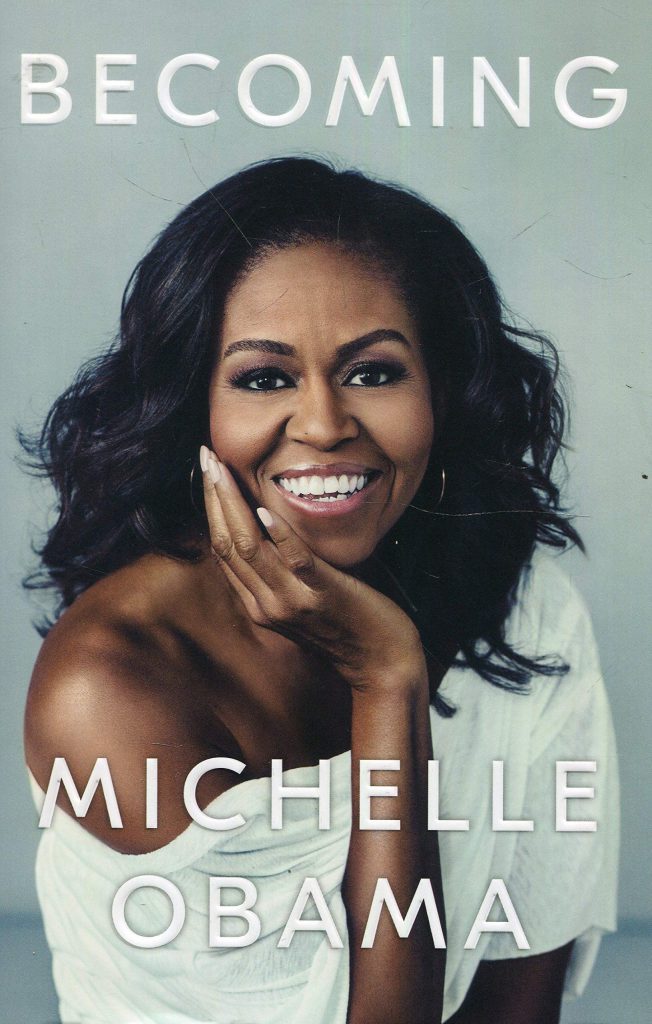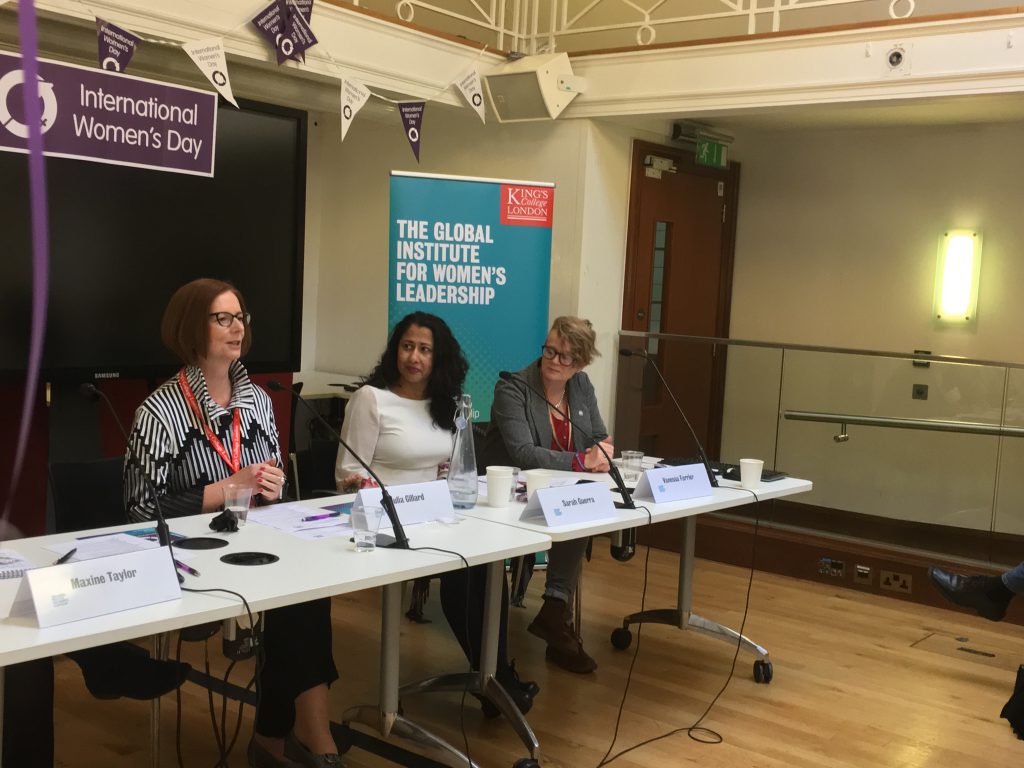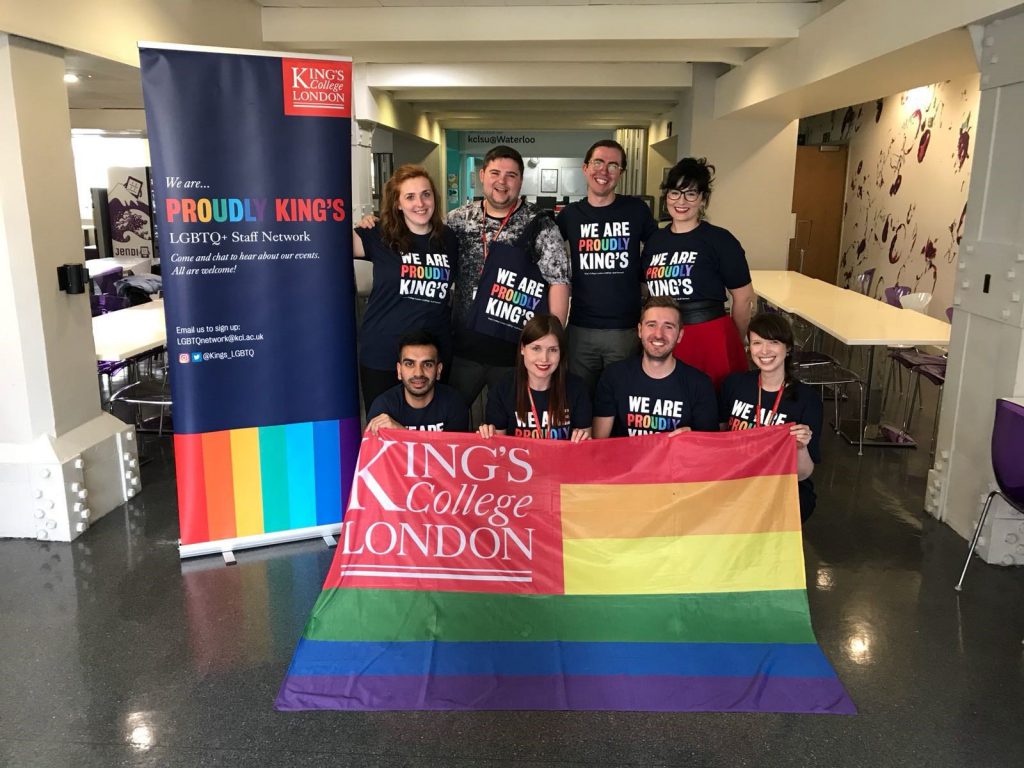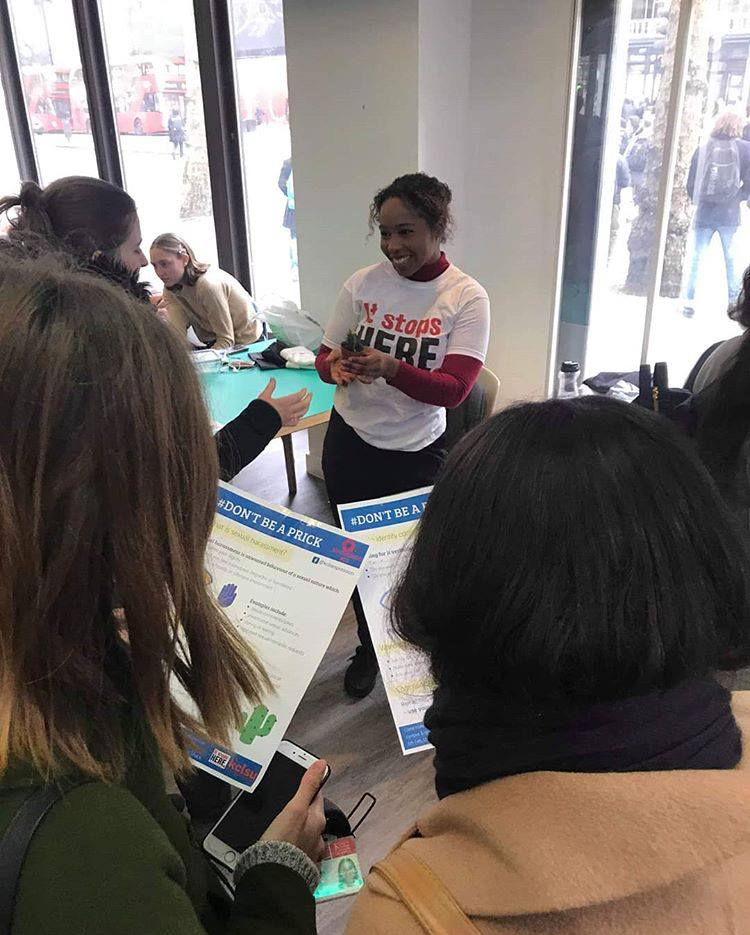Last weekend saw the UK celebrate the first National Windrush day. Commemorating the day 71 years ago that several hundred people from the Caribbean arrived to start a new life in Britain. A day to celebrate the many contributions the Caribbean community has made to British society. It got me thinking about myself and my identity and specifically why I call myself ‘black’?
I get asked this a lot!
And people ask, what about BME and BAME or person of colour (POC)? What do you think of those? Why do we need these? Are they a way of erasing identity, euphemising race issues or are they empowering and necessary?
Ask anyone, and you’ll find multiple equally convincing or equally inconclusive and divergent views, all connected in some way to their identity and experience in the world with that identity.
So, to answer that question, I speak from my own identity and experience, to articulate why I call myself black.
Sarah 1.0
I was born, here in London, a child of immigrants, mixed in every way, parents from opposite sides of the world, Trinidad and Mauritius (and their respective colonial histories), of two different religions – Muslim and Catholic. I went to 3 different primary schools and was nearly always the only brown girl in the class.
In my teens, I was ‘too different’ (read: brown) for any boys to dare want to go out with me or admit to wanting to. All this created confusion and led me to not like myself very much, even if it was unconscious. I had a deep-seated, internalised sense that I wasn’t normal, I wasn’t good enough. I was ashamed and embarrassed by my home, smelling like ‘funny food’. I longed to have fish fingers like ‘everybody else’. I could never have articulated this feeling as being about skin colour but looking back from 2019, it so obviously was.
My parents were simultaneously ambitious and clear about the achievement and aspiration they expected of me, whilst at the same time carrying their own internalised perspectives on our place in the world which was impacted by how they experienced the world and were treated as immigrants. I can’t imagine what it was like having been invited and enticed to come to the UK on the promise of a new life, to find that life was damn tough and lonely. To protect me they taught me to expect to be not accepted, to expect to work twice as hard and ensured that I failed the “Tebbit test”. (Norman Tebbit, then a leading figure in the Government, said that immigrants from the Commonwealth and their children should show their patriotism by supporting the England cricket team rather than the team from their, or their parent’s birth country.)
Ms Guerra: The Second Wave
A childhood into teens, never talking about or unpacking my identity – it just wasn’t a thing we did then, and then into my 20s. It was here I met my white partner, became a stepmother and then in my 30s, birthed my biological children. A second wave starts to emerge, in which I actively learned about gender equality and the patriarchy with the help and support of the trade union movement – notably via the amazing TUC Women’s and Black Workers’ movements.
It was in this time I also read the life-changing book Windrush: The Irresistible Rise of Multi-Racial Britain by Mike and Trevor Phillips. This really helped me discover the layers of my identity and understand the many self-limiting beliefs (mine, my parent’s, those around me) that contributed to how I experienced the world and often suffered from Imposter Syndrome. Reading this helped me develop language, agency and capacity, to not only understand my own identity but to be able to talk about it and use it as a tool to make me better at my job. (This is what HR people call ‘self as instrument’. It’s a thing!)
In the meantime, I was developing my career and transforming from a tax specialist into a more generic civil servant, and then to a people and organisation specialist. Now, I knew the problem of underrepresentation was real, not just my instinct. Now, I knew that different people got to progress in their career because of their identity and experience.
Now, I had gained the ability to expose, crystallise and articulate these issues. In my trajectory towards becoming an equality practitioner, I recognised the need for data and numbers: the need to prove that issues exist in order to persuade people to act. That means we must have language to conceptualise and explain what is going on. We need to have methods that enable us to penetrate people’s defences and address their personal (un)comfortabilities.
Sarah Guerra – and the equality warrior revolutions!
In 2019, I am a Black woman, confident in her identity and skill. I call myself black because despite being brown and having straight hair, I am what Trinidadians refer to as ‘dougla’. When I say it, black, I feel comfortable and authentic. I know that being brown-skinned- rather than black – affords me more privilege, but the teachings of my parents, that people like me will never be accepted as English, runs deep. Black was a term adopted by political activists to create a movement. For me, Brown doesn’t help me to convey or develop that movement.
Similarly, I see BAME/BME as interchangeable and have taken on POC from the Americans which for me was existentially better than having to classify anything from the spectrum of global majority skin colours as ‘non-white’.
The sad fact is, for race equality to happen, we need these boxes and labels to create concepts and interventions around identity. My personal view has always been talking about the labels is a distraction if it takes energy away from recognising the underlying systemic, attitudinal aspects and from doing things that help shift the dial. That said, I know for some it is important and so am keen no one sees me as dismissive. I just want to explain my perspective.
I encourage us each to approach these discussions with sensitivity and empathy, seeking to understand and see the whole picture. To understand what is important to individuals in any given circumstance but to not get hung up on language for the sake of it.
One of the things I did this weekend to take note of Windrush Day was to listen to this very moving podcast from one of my childhood faves Baroness Floella Benjamin. It was so resonant for me! I was a ’Playschool baby’ and racism and its manifestation – once I stopped letting it win – has indeed made me resilient and given me valuable life skills as well as a pride in who I am!
On this as with everything in the D&I sphere, I am always really interested in people’s reactions and feedback, so do get in touch. You can find me on Twitter @equalitywarrior.
